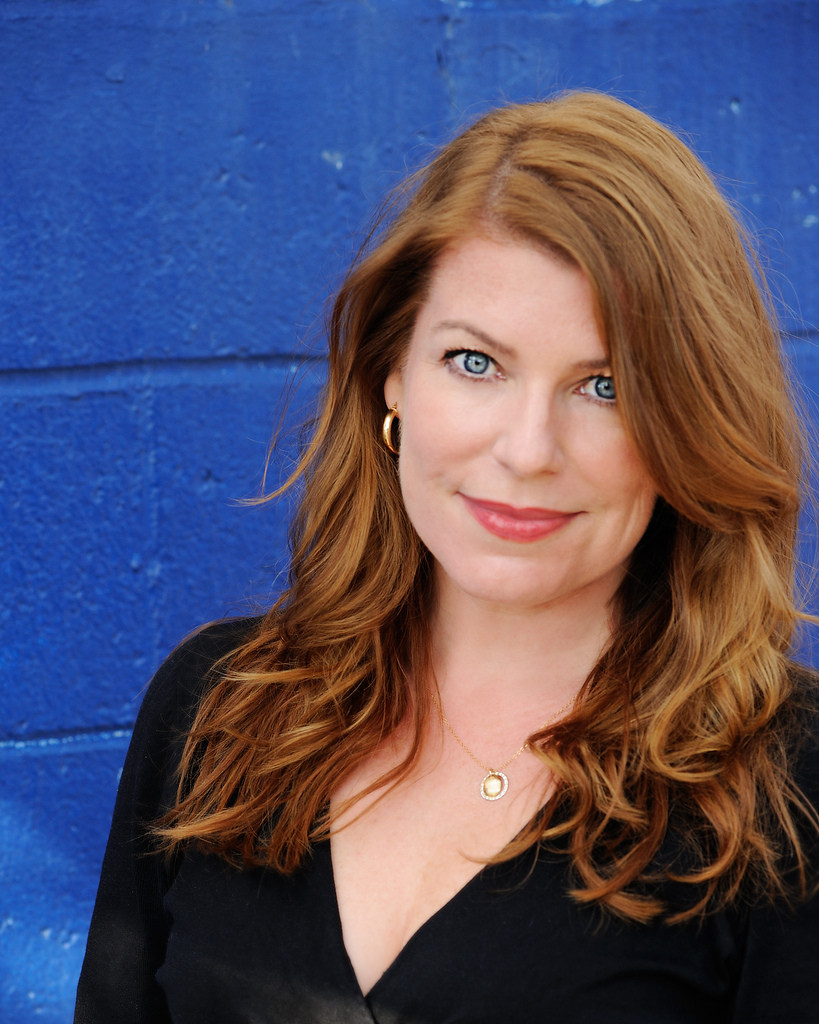Jill McCorkel, Villanova University – Effects of Parental Incarceration on Children
 There are fewer people today in prison than last year. The number of children who experience loss of parent has increased over two decades.
There are fewer people today in prison than last year. The number of children who experience loss of parent has increased over two decades.
Jill McCorkel, associate professor of sociology & criminology at the Villanova University, looks into how a jailed family member can affect everyone.
Dr. McCorkel is Associate Professor of Sociology and Criminology and a Faculty Associate of the Africana Studies Program at Villanova University. She received her Ph.D. in Sociology at the University of Delaware. While there, she worked as the lead ethnographer at the Center for Drug & Alcohol Studies on several projects funded by the National Institute of Drug Abuse (NIDA), including research on prison-based drug treatment programs, prisoner reentry, and street-level drug trafficking. During the Fall 2017 – Spring 2018 academic year, Dr. McCorkel is on sabbatical in Dublin, Ireland. She will be a visiting scholar at the Institute of Criminology at University College Dublin.
Dr. McCorkel’s research investigates the social and political consequences of mass incarceration in the United States. She focuses primarily on how law and systems of punishment perpetuate race, class, and gender-based inequities. In 2014, she received the Distinguished Scholar Award from the American Society of Criminology Division of Women and Crime for her research in these areas. Her book, Breaking Women: Gender, Race, and the New Politics of Imprisonment (New York University Press, 2013), explores the consequences of the War on Drugs and “get tough” policies for women prisoners. Using detailed participation observation and candid interviews with prisoners, staff, and state officials, she examines how prison privatization and the racial politics of the Drug War collapsed the rehabilitative ideal and, in the process, transformed the logic and practice of punishment in women’s prisons. Her book was selected by the Society for the Study of Social Problems as one of five finalists for the prestigious C. Wright Mills Award.
In addition to her research, Dr. McCorkel serves on the advisory board of Villanova’s undergraduate degree program at SCI – Graterford, the largest maximum security prison in Pennsylvania. She teaches undergraduate sociology courses in the prison, collaborates on program development, and offers a service-learning course that brings on-campus students into the prison as literacy tutors. Villanova’s undergraduate degree program was recently selected by the Obama administration to participate in the Second Chance Pell initiatve. This innovative pilot program expands opportunities for qualified prisoners to pursue undergraduate degrees.
On campus, Dr. McCorkel teaches courses in the Sociology Law, the Sociology of Punishment, and Introdution to Sociology. She has been a semi-finalist for the University’s Lindback Teaching Award and, in 2013, was selected by the senior class to give Villanova University’s “Last Lecture.”
In addition to her research and teaching, Dr. McCorkel works as a consultant on wrongful conviction cases and commutation and parole petitions. She is currently an advisor to Larry Krasner, the Democratic nominee for District Attorney of Philadelphia. She has previously served with the John Howard Association as a court-appointed monitor for the Illinois prison system. She spends her spare time photographing Philadelphia and chasing after her dogs, Felonius Monk and Nina Simone.
Effects of Parental Incarceration on Children
In spite of efforts to curb America’s incarceration crisis, over two million American adults are currently incarcerated in local, state, and federal correctional facilities. Although we often do not think of the family members that incarcerated persons leave behind, it is important to realize that the vast majority are parents to children under the age of 18 years. Today, 1 in 28 children experiences the loss of a parent to incarceration – a rate that has increased dramatically over the last two decades. This begs the question: what is the impact of a parent’s incarceration on a child?
Researchers have investigated this phenomenon across multiple domains, including academic, economic, health and well-being. Almost without exception, the consequences for children are negative. For example, compared with kids from similar socioeconomic backgrounds, children with an incarcerated parent are at considerably greater risk for experiencing poverty, homelessness, trouble in school, anxiety, substance abuse, violent victimization, and depression.
There are several factors that trigger these negative outcomes. Parental incarceration destabilizes a family’s finances, not only through eliminating a source of income but also in generating additional expenses including court costs, fines, and prison and jail fees. Parental incarceration also contributes to family instability and residential mobility, as the loss of a custodial parent means that responsibility for children may shift among various caregivers and the foster care system. Finally, the social isolation that families with an incarcerated parent experience contributes to a variety of mental health and behavioral problems that often go undiagnosed and untreated in schools and community settings.
Although there is no easy solution to the multiple challenges that these children face, one of the most expedient is to redouble our efforts to scale back the use of incarceration. Most incarcerated parents have not been charged or convicted of violent crimes. Finding meaningful alternatives to the over-use of prisons and jails contributes to stronger families, safer communities, and a brighter future for all our children.


